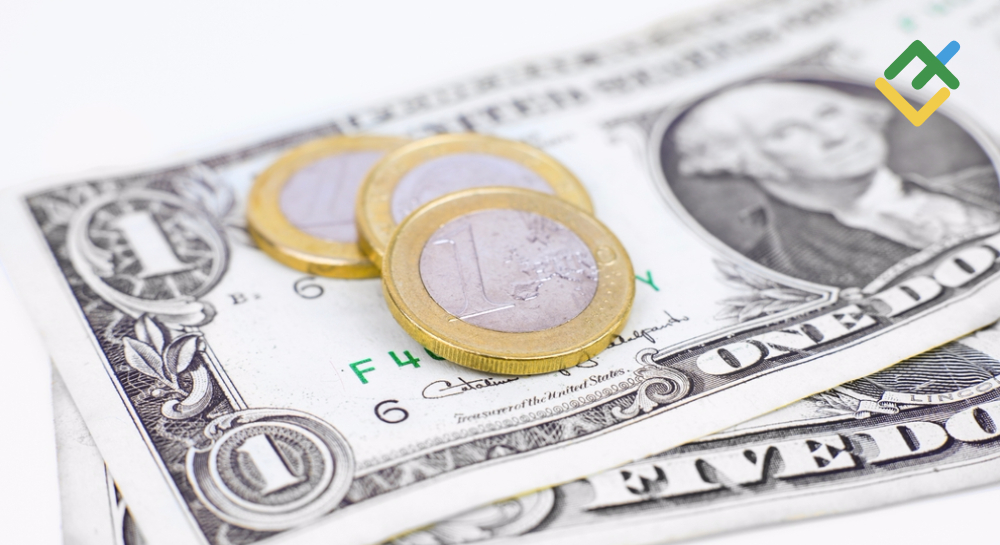The results of the 2024 US presidential election sparked
a significant shift in corporate foreign exchange (FX) hedging strategies in
the global market, with most companies now adjusting their FX programs.
Following the US election outcome that saw Donald Trump win a second term, many businesses in the US and UK are reportedly
re-evaluating their risk management approaches, MillTechFX‘s Q3 report highlighted.
Over 90% of companies are adjusting their FX programs
with the sharp surge in the dollar sharp surge and an unpredictable economic
landscape. Most companies are reportedly opting to increase hedge ratios and
extend the duration of their hedges.
Post-Election FX Surge
The immediate aftermath of the US election saw the
dollar rally sharply, experiencing its largest single-day gain in eight years.
Historically, shifts in US leadership have had significant effects on the
currency markets, and this year proved no different.
Following Trump’s unexpected 2016 victory, the dollar reportedly
surged by 5%. In 2020, Biden’s win led to a similar decline in the greenback’s
value. This time around, however, Trump’s return to office triggered a dramatic
market response, especially as early results pointed toward a second term.
The immediate dollar spike against major currencies
such as the euro, yen, and sterling caught the attention of corporate risk managers and investors alike. In response to volatile market conditions and growing uncertainty, a staggering 94% of US and UK corporations have reworked
their FX hedging strategies.
The most common adjustments are increasing hedge
ratios, buying more protection against currency fluctuations, extending the length of hedges, and locking in rates for longer periods. Interestingly, there is a noticeable regional
divergence in sentiment. UK-based companies appear more optimistic about the
potential economic environment under Trump than their US counterparts.
Despite concerns over possible trade tensions and
tariffs, many UK businesses believe that their economy, more focused on
domestic markets, will be better insulated from global uncertainties.
Inflation and Interest Rates
In contrast, US corporates are taking a more cautious
approach, increasing the duration of their hedges as they prepare for a
protracted period of market volatility.
Inflation remains a major factor influencing hedging
decisions, particularly for UK firms. In October 2024, inflation in the UK rose
to 2.3%, driven by higher energy prices and new government measures.
Meanwhile, US companies remain concerned about tighter
credit conditions, which have become a growing challenge in the wake of the
election. As 2024 winds down, many US and UK corporations hope for stability after a year marked by political volatility,
inflationary pressures, and economic uncertainty.
For CFOs and finance teams, the focus is now on
finding ways to navigate the challenges posed by geopolitical risks, inflation,
and tightening financial conditions without adding further complexity to their
operations.
The results of the 2024 US presidential election sparked
a significant shift in corporate foreign exchange (FX) hedging strategies in
the global market, with most companies now adjusting their FX programs.
Following the US election outcome that saw Donald Trump win a second term, many businesses in the US and UK are reportedly
re-evaluating their risk management approaches, MillTechFX‘s Q3 report highlighted.
Over 90% of companies are adjusting their FX programs
with the sharp surge in the dollar sharp surge and an unpredictable economic
landscape. Most companies are reportedly opting to increase hedge ratios and
extend the duration of their hedges.
Post-Election FX Surge
The immediate aftermath of the US election saw the
dollar rally sharply, experiencing its largest single-day gain in eight years.
Historically, shifts in US leadership have had significant effects on the
currency markets, and this year proved no different.
Following Trump’s unexpected 2016 victory, the dollar reportedly
surged by 5%. In 2020, Biden’s win led to a similar decline in the greenback’s
value. This time around, however, Trump’s return to office triggered a dramatic
market response, especially as early results pointed toward a second term.
The immediate dollar spike against major currencies
such as the euro, yen, and sterling caught the attention of corporate risk managers and investors alike. In response to volatile market conditions and growing uncertainty, a staggering 94% of US and UK corporations have reworked
their FX hedging strategies.
The most common adjustments are increasing hedge
ratios, buying more protection against currency fluctuations, extending the length of hedges, and locking in rates for longer periods. Interestingly, there is a noticeable regional
divergence in sentiment. UK-based companies appear more optimistic about the
potential economic environment under Trump than their US counterparts.
Despite concerns over possible trade tensions and
tariffs, many UK businesses believe that their economy, more focused on
domestic markets, will be better insulated from global uncertainties.
Inflation and Interest Rates
In contrast, US corporates are taking a more cautious
approach, increasing the duration of their hedges as they prepare for a
protracted period of market volatility.
Inflation remains a major factor influencing hedging
decisions, particularly for UK firms. In October 2024, inflation in the UK rose
to 2.3%, driven by higher energy prices and new government measures.
Meanwhile, US companies remain concerned about tighter
credit conditions, which have become a growing challenge in the wake of the
election. As 2024 winds down, many US and UK corporations hope for stability after a year marked by political volatility,
inflationary pressures, and economic uncertainty.
For CFOs and finance teams, the focus is now on
finding ways to navigate the challenges posed by geopolitical risks, inflation,
and tightening financial conditions without adding further complexity to their
operations.
This post is originally published on FINANCEMAGNATES.


